Sport is coming back!
Now I said this last year in a blog I wrote, and for the summer and autumn it did. But since then, sport up and down the country has had more comebacks than Rocky Balboa (for those who don’t know, he’s had a few). But this time seems different, like it may be more permanent, partly in thanks to a vaccine rollout. Or so we can hope!
Naturally, those who participate in sports are excited to get back to doing what they love. Cricketers can’t wait to get back onto the field, gymnasts are impatient to get back into gyms. I could name plenty of sports here and the story would be the same. But such a break can lead to anxiety in your performance more so than the off-season break, which is normally expected and can be planned for.
Returning Anxiety
This anxiety is a natural response and you shouldn’t be worried if you are feeling this, even if you do not normally see yourself as an anxious individual.
The psychology behind anxiety is that it is a state comprising of both physical and psychological symptoms due to feeling apprehensive towards what you perceive as a threat. Typically, it is split into trait and state anxiety.
- Trait anxiety – Linked to a person’s personality, and more stable over time
- State anxiety – a person’s temporary feeling of anxiety, linked to specific situations. Dependent on the situation and less stable.
Simply put, anxiety is your body’s response to what it sees as a threat to itself, and dependent on the situation and your personality. Think of watching a horror movie with a friend, during the dark and quiet scene when you know something is bound to make you jump. This is state anxiety, as this is temporary feeing caused by a specific situation. Trait anxiety is seen as a personality construct, and those with higher levels of trait anxiety experience more intense state anxiety, and vice versa. So, when watching the horror movie, your friend with higher trait anxiety will feel more nervous than you with lower trait anxiety, but you are both still nervous. If you’re still with me you’re doing well.
But how does this link to sport?
Some athletes haven’t participated in sports for a while, others had to abruptly stop doing so mid-season. As such, coming back will be welcome for some but others will be nervous and so the return will be perceived by the mind as a threat.
Thinking back to our gymnasts who often spend their time defying gravity in jumps you know will only but hurt if they aren’t executed well enough. These athletes practice stunts routinely but with such a gap in not doing so can lead to feelings of doubt creeping in. Not a fun thought when you’re upside down in mid-air (or so I’m told…). Or what about our cricketers, who due to little or no practice, know that one bad decision in bat could send them walking back to the pavilion? Or bowling a bad over can be very expensive score wise?
Key questions that will no doubt be asked will be: –
- Will I be safe?
- Am I going to be prepared as well as everyone else, ready to start?
- I’m bound to be rusty and unprepared; can I play like I want to?
- Could I lose my place if I don’t play like I’m expected to after having such a long break?
Some of you may already see the problem. Anxiety can lead to doubt, doubt can lead to uncertainty and uncertainty can lead to poor performance and even increased risk of injury. Letting doubt manifest itself in the form of negativity towards performing again is more common than you would think, more so now after the past year. But not addressing this can result in major issues in your performance.
So how do I feel less anxious?
Firstly, you’re not the only one in this situation. There are others that are feeling like this so you’re not alone.
Secondly, that sporting mindset that you have needs to be brought out of hibernation. Rather than wait until you are back in the gym or on the pitch to start thinking about performing, how about starting now?
This time is a great opportunity to work on your mental skills. Treat this time as your pre-season and prepare for the re-start now. By doing this, once you start again, you’re already in the mindset of a competing athlete rather than ‘pre-season’ athlete. The benefit is three-fold. You have an edge over your opponents and even an edge over your team-mates. Furthermore, it provides your team with an edge as you are one step closer to being prepared.
When you have 5 minutes when you’re not doing anything, try mentally rehearsing your routines or activities that you frequently participate in when performing. This can be done by shutting your eyes and imagine yourself doing a task as if you are there. Pay very close attention to all of your senses. Imagine what you can see, who or what you can hear, what you feel, physically and mentally, when you carry out the said skill. This will speed up the process of familiarising ourselves to performing again, and the emotions we feel without actually carrying out the skill if we are unable to.
How about creating a training plan to keep yourself motivated? Small but constructive goals over the short-term can help you re-enter that mindset and give you targets to focus on so you don’t start again completely unprepared.
The great thing about this is your goals can include anything and not limited to a sporting context! Whether you set goals relating to housework, like completing daily tasks before a certain time, or fitness and training goals, like increasing amount or duration of exercise, the scope really is endless.
The key to this is creating goals and sticking to them, ensuring that you complete them to a high standard. Have a time limit set and stick to this. That way we begin to motivate ourselves and preparing us for a return. This increased motivation and attention to detail will make it easier to readjust to participate again, rather than it being a shock to the system when we do!
Research has shown that those with a training plan through the lockdown are less anxious about returning and are more determined to return in general! [1]Small steps are key to all of this, so take it easy and build yourself up. Small steps are better than no steps.
Nearly there…
There is a light at the end of the tunnel and hopefully by summertime we will be in a much better position than we have been over the past year. Getting over the effects of the past year will be easy for some to brush aside but for others, there will be more long-lasting effects. How about starting to overcome these by doing something that you love to the best of your ability?
1 – Ruffault, et al., (2020). Anxiety and motivation to return to sport during the French COVID-19 lockdown. Frontiers in Psychology, 11. DOI: 10.3389/fpsyg.2020.610882
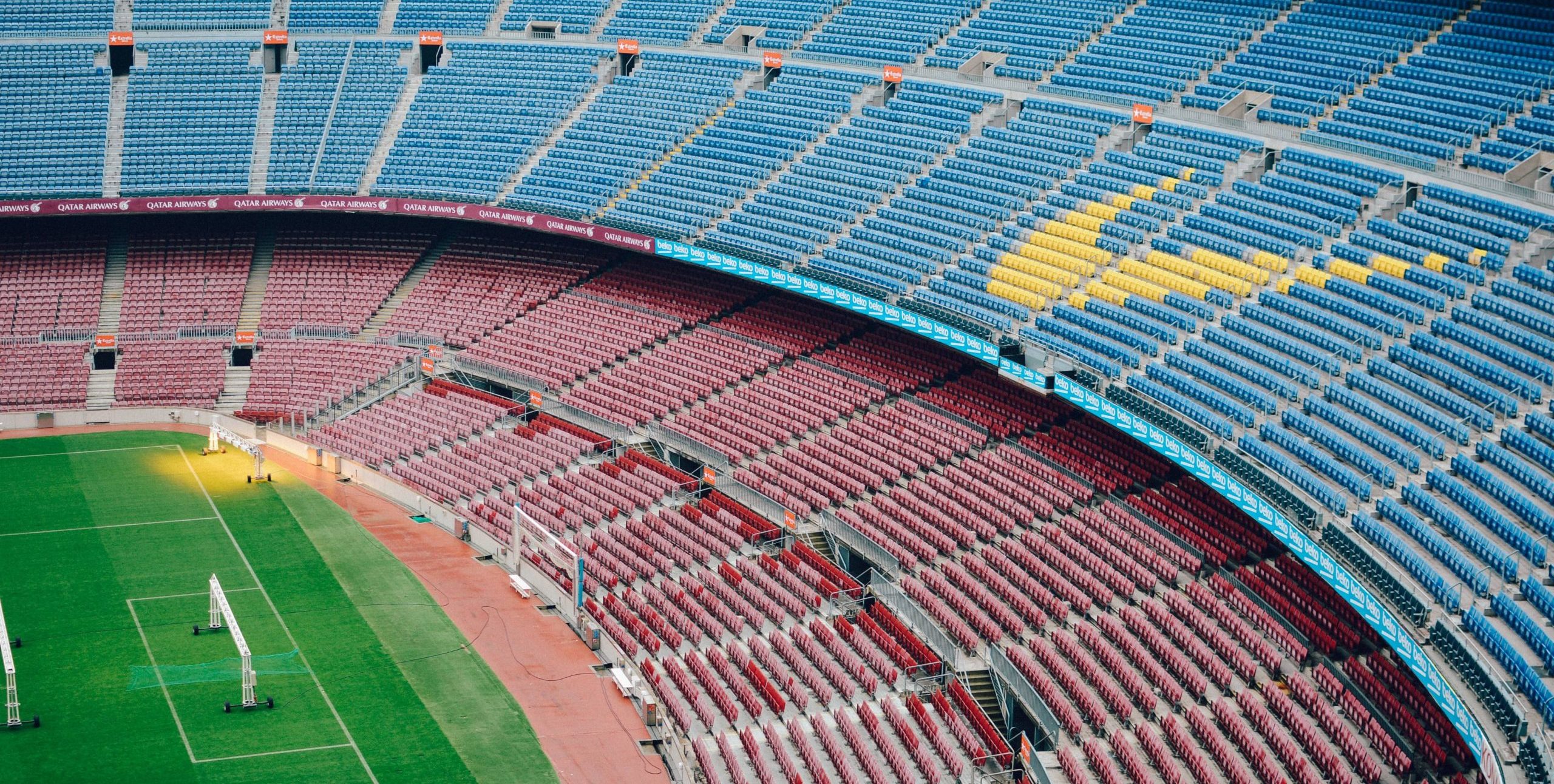
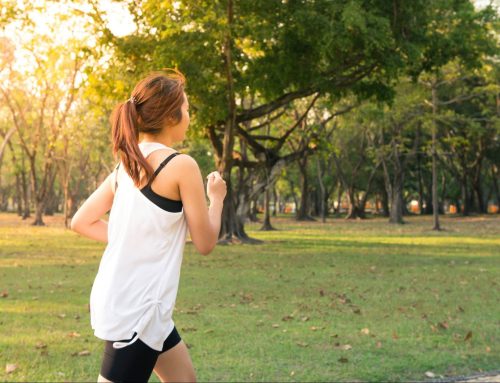
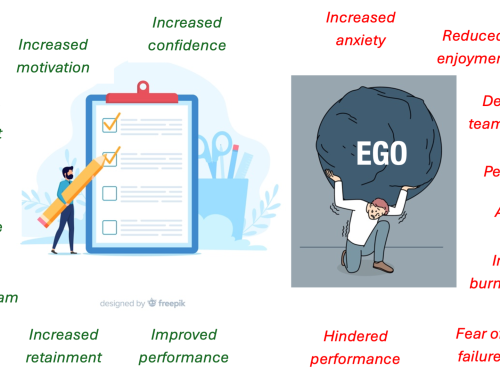
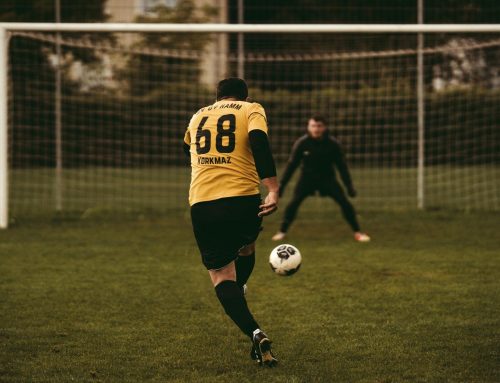
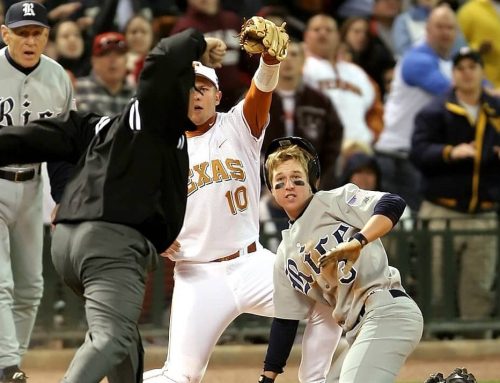
Leave A Comment